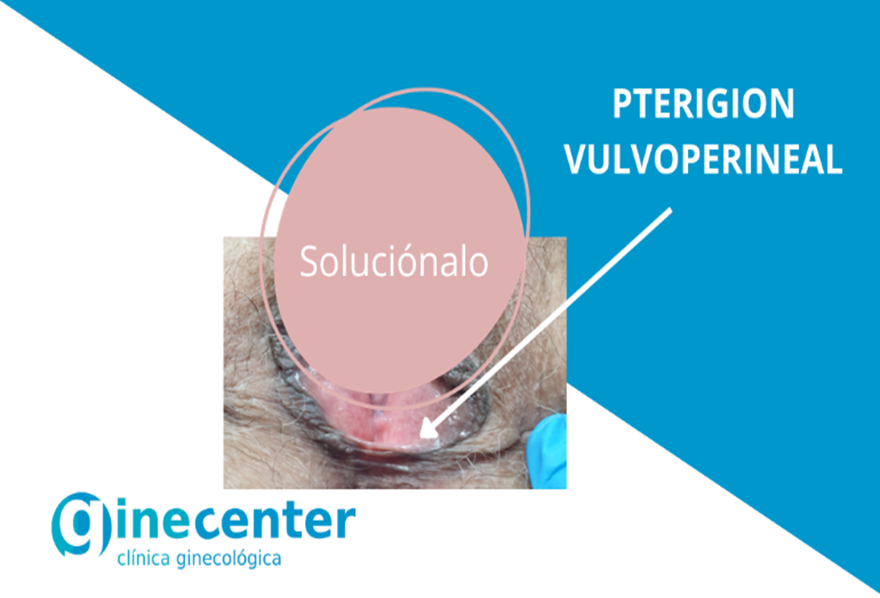The adverse effects of oncological or hormonal treatments related to the genital area can be very severe and will nearly always have a negative impact on a woman’s sexual health and quality of life. With the use of the vaginal laser, almost all the symptoms of early menopause caused by this type of treatment can be prevented and treated.
Oncological treatments have a substantial effect on the quality of life of patients and, together with increased life expectancy in the face of cancer, have increased the number of consultations related to the side effects that these type of cancer treatments can cause. Gynaecological side effects are among the most common in women who have suffered breast, ovarian, uterine, or endometrial cancer, primarily because of the hormonal therapies often used to treat these types of pathologies.
The most common conditions and side effects that can be improved through the use of the vaginal laser are: vaginal atrophy, permanent vaginal dryness, pain and/or coital bleeding, chronic inflammation, irregular bleeding, recurring vaginal infections due to a compromised immune system, thinning of the vaginal mucosa and labia, vaginal tightness and rigidity, changes in vaginal sensitivity that affect sexual intercourse and the ability to reach an orgasm, changes in sexual desire due to fatigue, chronic tiredness, low self-esteem because of hair loss or sudden changes in body weight, as well as premature ageing of the genitals, among others.
A safe, simple, and painless technique
Laser treatment options for women who have suffered with cancer have no side effects and no contraindications. In addition, they are simple, quick, and very effective outpatient treatments. The Fotona laser is recommended for the treatment of oncological patients, especially as the intensity and pulsation frequency of the laser can be adjusted specifically to accommodate the patient’s sensitivity to pain.
For an initial visit and consultation, please contact us on 952 304 716 or 669 488 185.


